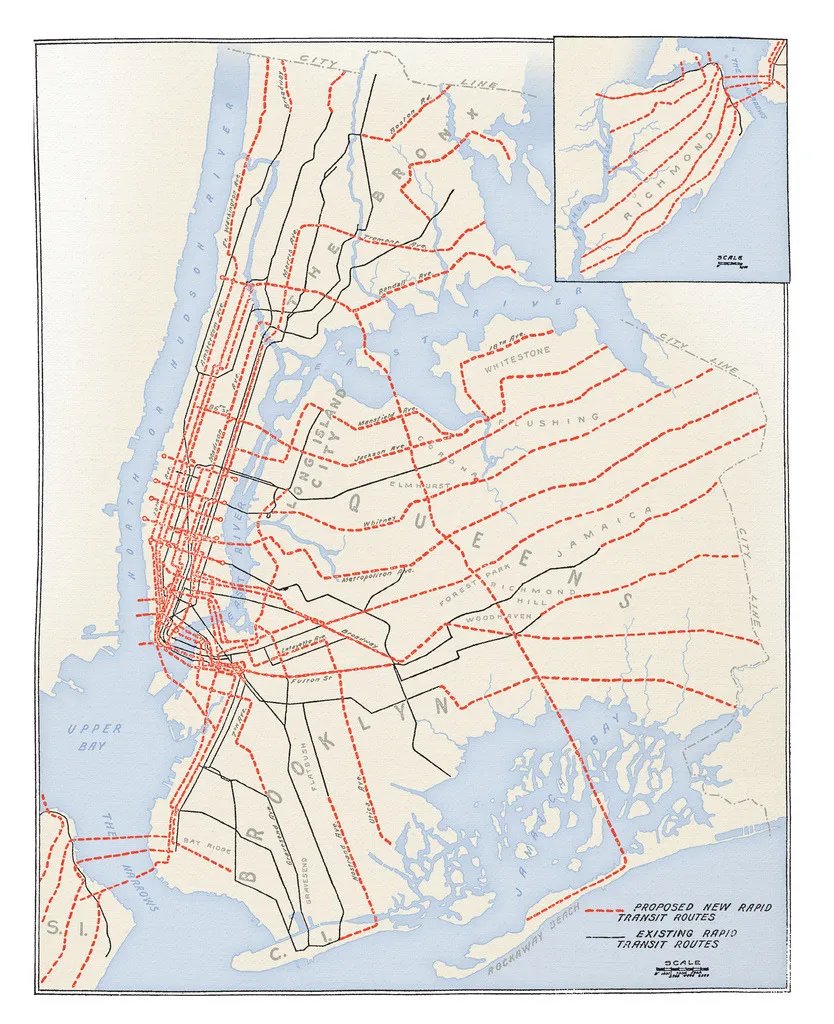
RIP @claychristensen, who influenced the strategy of an entire generation of founders.
Christensen's term “disruptive” is used loosely today to mean any big change—but it actually has a precise, technical meaning.
In honor of his legacy, here's what “disruptive” actually means:
Christensen's term “disruptive” is used loosely today to mean any big change—but it actually has a precise, technical meaning.
In honor of his legacy, here's what “disruptive” actually means:
The term comes from his book *The Innovator's Dilemma*, one of the few well-researched and substantive books about innovation.
In the book, Christiansen looked at how incumbent companies get overthrown by startups.
In the book, Christiansen looked at how incumbent companies get overthrown by startups.
He distinguished between two types of innovation: “sustaining” and “disruptive”.
A sustaining innovation is one that helps a company serve its existing customers better. It improves their products *along the axes their customers care about*.
A sustaining innovation is one that helps a company serve its existing customers better. It improves their products *along the axes their customers care about*.
In the book, he gives the example of excavators. When steam shovels transitioned to gasoline engines, that was a sustaining innovation: it did the same thing, more efficiently.
Crucially, *existing customers* were interested in the improved design.
Crucially, *existing customers* were interested in the improved design.
A disruptive innovation is *not* better along the axes that existing customers are evaluating. It's often *worse*. But it's better along a *different* axis.
Often, a disruptive innovation is less powerful but much cheaper.
Often, a disruptive innovation is less powerful but much cheaper.
Continuing the excavator example, the backhoe was a disruptive innovation. It was less powerful than its predecessors in the market, with more limited reach.
But it was smaller, faster, and cheaper—and so it found a *new* market among small residential contractors.
But it was smaller, faster, and cheaper—and so it found a *new* market among small residential contractors.
Disruptive innovations succeed not by competing in an existing market, but by finding a new market, often opening up a market to a new segment. The new segment has different needs and is best served by a different technology.
The reason incumbents typically fail at disruptive innovation isn't that they're stupid, or even that they're slow and bureaucratic.
It's that they talk to their customers, and the existing customers *don't want* the new innovation. It doesn't meet their needs.
It's that they talk to their customers, and the existing customers *don't want* the new innovation. It doesn't meet their needs.
Startups are more likely to succeed at disruptive innovation because they find a *new* market that is better served by the new technology.
(Or used to be more likely… today everyone knows disruption theory so well that big companies are getting better at it!)
(Or used to be more likely… today everyone knows disruption theory so well that big companies are getting better at it!)
This happened multiple times in the computer industry as well. From mainframes to minicomputers to PCs to laptops to smartphones, each generation of computers was less powerful but also smaller, cheaper and more convenient.
The irony is that as technology improves and all products get more powerful and efficient, the disruptive approach often hits the point where it now meets the needs of the original market…
And the older approach by this point has often “overshot” the market, providing more power than anyone really needs.
Result: disruptive technology completely takes over. (Becoming the next incumbent, setting up the cycle to begin again)
Result: disruptive technology completely takes over. (Becoming the next incumbent, setting up the cycle to begin again)
That's *The Innovator's Dilemma* in a nutshell. There's much more in the book though. I particularly enjoyed Christiansen's analysis of an organization's capabilities into “resources, processes and values”: amazon.com/Innovators-Dil…
For Christiansen's own summary, see this 2015 @HarvardBiz article: hbr.org/2015/12/what-i…
And for some thoughtful commentary and critique of disruption theory, see @benthompson's disruption articles on @stratechery: stratechery.com/outline/the-in…
Argh, I misspelled his name multiple times in this thread. It's *Christensen*.
• • •
Missing some Tweet in this thread? You can try to
force a refresh






